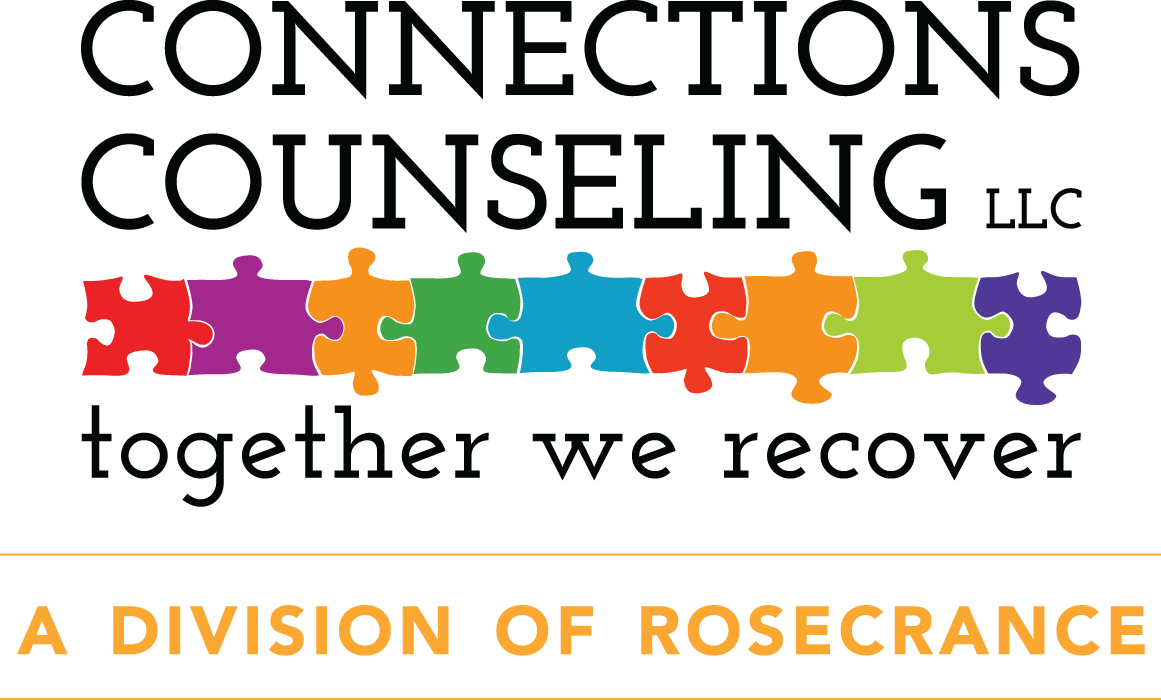Connections’ Clients and Staff About Recovery During the Pandemic
FOX47 Madison by BRADY MALLORY Wednesday, April 7th, 2021 Video link.
"We can't go out, so let's stay in and drink." That was what a lot of Americans thought and did a year ago when the pandemic began. For the first time in a year, since COVID-19 began spreading across the United States forcing Americans to stay home, retail alcohol sales have fallen. That's according to newly released data from Nielsen. However, that doesn't mean people are drinking less. In fact, in a rising number of cases, the pandemic is making alcohol use disorder worse. A local college student is sharing her recovery journey with us, and how this year affected her.
Whenever there was a party, Jessica Sloane was the life of it.
"I've been struggling with drinking since I started drinking. So, probably 15 or 16," Sloane said.
Sloane says she'd drink with a mission to get drunk. Very drunk.
"But I never aimed to blackout. I just would black out," Sloane said.
During one particular blackout, a light bulb came on and showed her she had a problem.
"I want to say my junior year of high school. I..umm..blacked out on at a train station and was not able to stand or walk. Crawling over the train tracks. Almost falling into the train tracks," Sloane said.
Cut to now. The 20-year-old UW-Madison student is more than a year and a half sober. She's proud of her hard work, but admits the pandemic keeping us apart and fueling the drinking culture didn't make things any easier.
"COVID itself is isolating," Sloane said.
Sloane isn't alone. Clinical substance abuse counselor and assistant director of Connections Counseling, Rob McCreadie, says the facility has seen about a 20-percent increase in patients dealing with alcohol use disorder since last year. The relapse rate is up 30-percent. He believes the pandemic is partially responsible.
"Alcohol use disorder and really any substance use disorder has a tendency to isolate people. People being quarantined or observing protocols to remain safe in a pandemic are isolated even further. It increases that potential of loneliness, isolation, of using a substance to cope," McCreadie said.
Even though retail alcohol sales are down, Nielsen data says that's because more people are going out to bars and restaurants, and doesn't mean they're drinking less. McCreadie says that doesn't mean everyone who drinks struggles with addiction, but he worries about the long-term trends.
"We've currently got a waiting list which is unusual. The numbers continue to go up and it tends to take a while to correct," McCreadie said.
Sloane says the isolation isn't necessarily anything new for people who are trying to recover. She says when you give up drinking, you're not just giving up the booze.
"That's one of the issues of getting sober is you're invited less places. People are like, they assume I'd be uncomfortable by being there, so they don't even bother to invite me. It led to me being excluded more," Sloane said.
McCreadie hopes the last year only helps shed the stigma associated with any substance use disorder.
"Nobody says, when I grow up, I want to have a substance use disorder. It's not some moral failing to need help," McCreadie said.
As for Sloane, she's proud of her sobriety and hopes to some day be a prison psychologist. The party as she knew it is over, but she's happy working toward a life of new beginnings.
"I don't have to sneak around all the time. i don't have to make stupid mistakes." Sloane said. "It makes me feel great. I'm a better person in every single way."

